Exploring the Rise of City Golf Clubs: A New Urban Social Landscape for Golf Enthusiasts
The rise of city golf clubs marks a significant shift in the urban social landscape, providing a modern alternative for golf enthusiasts seeking community within bustling metropolitan environments. According to a recent report by the National Golf Foundation, around 22% of golfers in the United States primarily play in urban settings, highlighting a growing interest in golf in city locations. City golf clubs have emerged as innovative spaces that cater not only to seasoned players but also to newcomers, offering accessible facilities and networking opportunities that blend leisure and lifestyle. This growing trend reflects a broader shift in leisure preferences, with urban dwellers increasingly looking for recreational activities that fit into their fast-paced lives. Furthermore, a report by the Professional Golfers' Association indicates that the number of city golf clubs has increased by 15% over the past five years, showcasing how these venues are redefining the game of golf and creating inclusive environments for diverse urban populations.
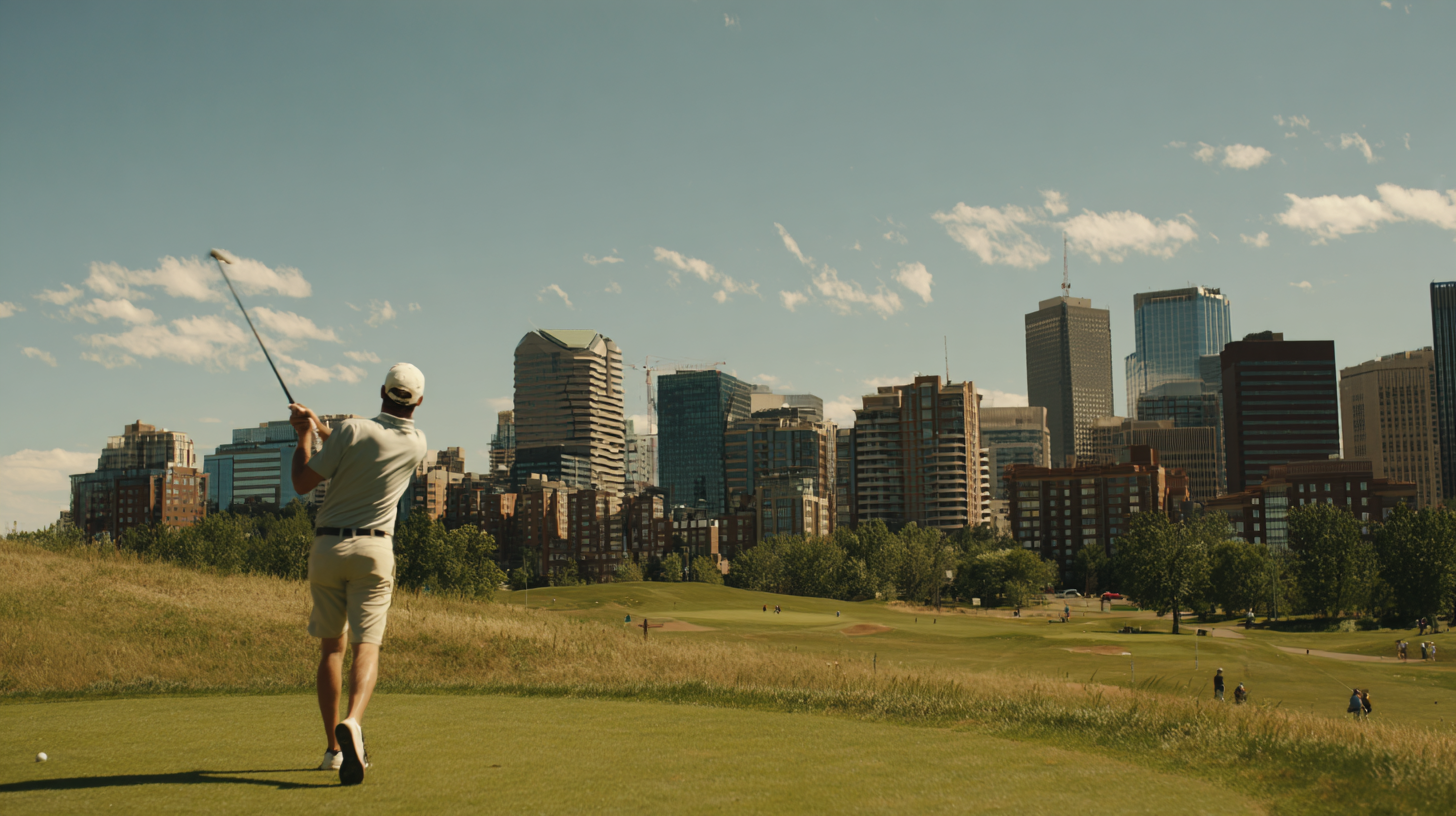
The Evolution of Golf Culture in Urban Environments
The evolution of golf culture in urban environments reflects a significant shift from traditional country clubs to more accessible and vibrant city golf clubs. In the past, golf was often perceived as an elitist sport, segregated by geographic and socioeconomic barriers. However, as urbanization has accelerated, there has been a surge in city golf clubs designed to cater to a more diverse and inclusive audience. These clubs now provide a space for enthusiasts of all backgrounds to connect, compete, and enjoy golf amidst the bustling urban landscape.
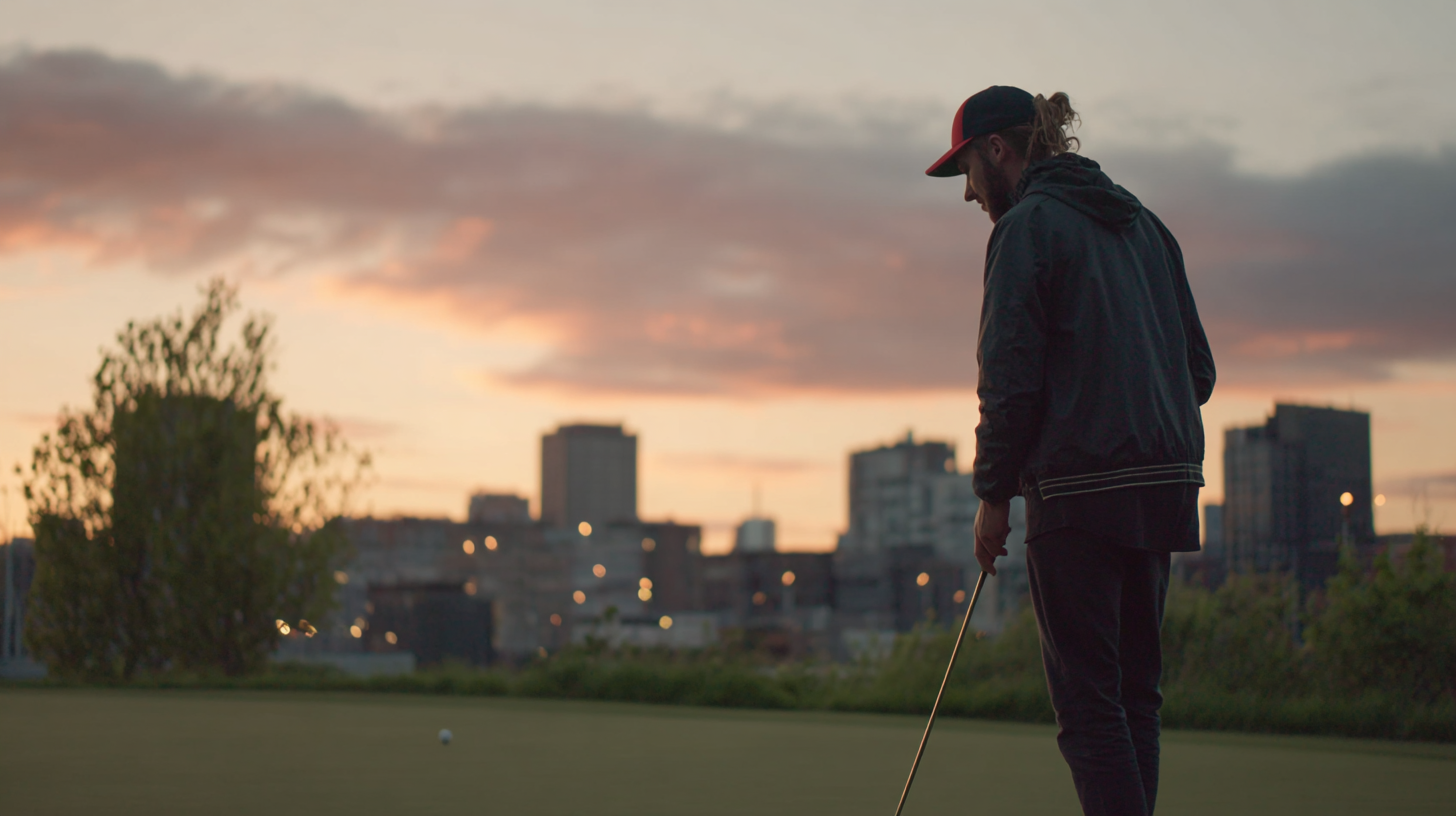
Urban golf clubs have begun to embrace a more contemporary and communal approach, incorporating technology and social engagement into the golfing experience. Many of these clubs feature shortened courses, driving ranges, and simulators that allow for gameplay within a limited time frame, making it easier for busy city dwellers to participate. Moreover, the integration of social events, leagues, and community initiatives has transformed these spaces into vibrant hubs, fostering connections among members and promoting a sense of community. This evolution not only revitalizes the game but also reshapes social interactions, making golf a relevant and integral part of the urban lifestyle.
Urban Golf Clubs: A Hub for Social Interaction and Engagement
Urban golf clubs have emerged as vibrant hubs for social interaction and engagement, transforming the traditional perception of the sport. In bustling cityscapes, these clubs are not merely places to play golf; they serve as community centers where enthusiasts gather to share their passion for the game. With their accessible locations and modern facilities, urban golf clubs invite people from diverse backgrounds to partake in social activities, ranging from casual rounds of golf to professional tournaments and networking events.
The design and atmosphere of urban golf clubs encourage engagement and camaraderie among members, fostering a sense of belonging within the community. Many clubs host events and competitions that offer opportunities for participants to connect, learn from one another, and cultivate friendships. This revitalization of the social landscape around golf not only enhances the sport’s appeal but also promotes a lifestyle that values interaction and collaboration, making urban golf clubs vital components of city life for golf enthusiasts.
Innovative Design: Merging Traditional Golf with Urban Aesthetics
The rise of city golf clubs represents a significant shift in the way golf is experienced, merging the sport’s traditional elements with contemporary urban aesthetics. Innovative design plays a crucial role in this transformation, as urban architects and golf course designers collaborate to create compact courses that fit seamlessly into city landscapes. According to a report by the National Golf Foundation, urban golf participation has increased by over 30% in the past five years, reflecting a growing demand for accessible, community-focused golfing experiences.
These city golf clubs are not merely about the game; they embody a lifestyle choice, providing vibrant social spaces integral to modern urban living. Features such as rooftop greens, multifunctional practice areas, and stylish lounges appeal to a new generation of golfers who seek a blend of recreation, relaxation, and networking. The integration of sustainable practices, inspired by the increased focus on environmental consciousness in urban environments, further enhances the appeal of these innovative designs. A 2023 survey by Golf Digest indicated that 65% of millennials prioritize eco-friendly initiatives in their choice of recreational facilities, a trend that city golf clubs are readily embracing.
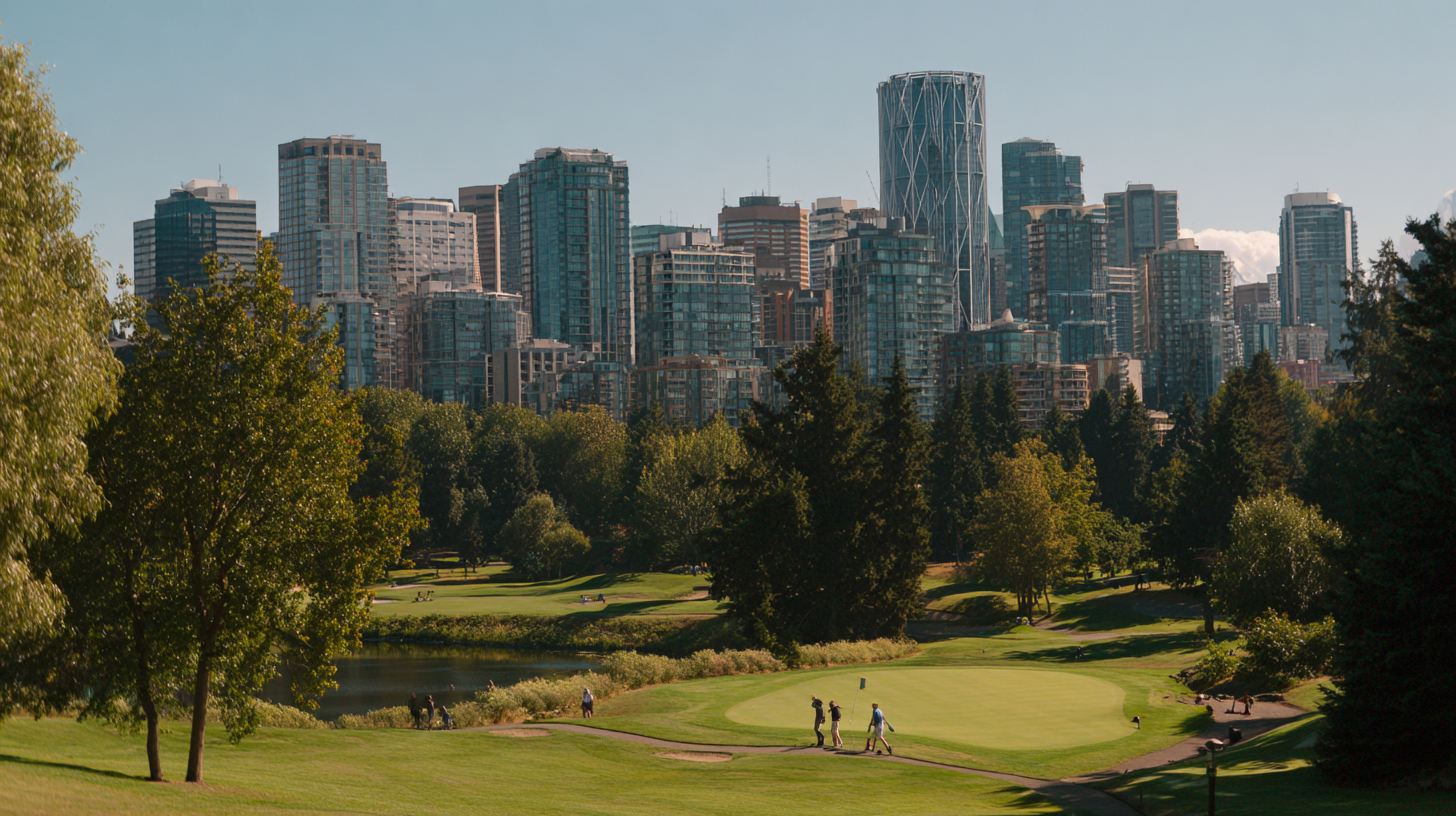
Technology's Role in Enhancing the Urban Golf Experience
The rise of city golf clubs is a fascinating development in urban landscapes, transforming how golf enthusiasts engage with the sport. With technology at the forefront, these clubs are reimagining the golfing experience. From virtual simulators to mobile apps, urban golfers can now enjoy a game without the need for expansive green spaces. Augmented reality features in some apps allow players to visualize course layouts and practice their swings in real-time, making it easier to hone their skills no matter the environment.
Tips for maximizing your urban golf experience: Engage with local golf communities through social media platforms and apps. These networks often facilitate meetups and competitions, which can enhance your playing experience. Also, don't overlook the potential of tracking your performance through technology; utilizing GPS and shot tracking systems can provide valuable insights into your game that traditional methods cannot.
Another significant aspect is the use of smart equipment. Clubs equipped with sensors that analyze your swing technique can offer personalized feedback, helping you to improve your game efficiently. By integrating these tech tools into your urban golf routine, you can elevate your skills while enjoying the social aspects of city golf clubs.
The Future of City Golf Clubs: Trends and Predictions for Enthusiasts
The future of city golf clubs appears promising as urban environments increasingly cater to sports enthusiasts looking for convenient yet sophisticated ways to engage with their favorite activities. As city golf clubs gain traction, they reflect a broader trend towards urbanization of leisure, combining the thrill of golf with the accessibility of city life. This evolution not only enhances social interactions among club members but also fosters a sense of community, aligning with the growing demand for lifestyle amenities in metropolitan areas.
Emerging technologies in the golfing sector, such as golf simulators, are set to play a significant role in this transformation. With the golf simulator market expected to expand, offering innovative and interactive experiences, enthusiasts can enjoy golfing indoors or in hybrid settings, seamlessly blending technology with the traditional sport. As such, the rise of these urban clubs is complemented by advancements in simulation technology, allowing for greater accessibility and engagement for both seasoned golfers and newcomers.
Related Posts
-

The Ultimate Guide to Choosing the Perfect Golf Course Wedding Venue for Your Big Day
-

Unveiling the Secrets of Champion Golf Clubs: Elevate Your Game with Expert Insights
-
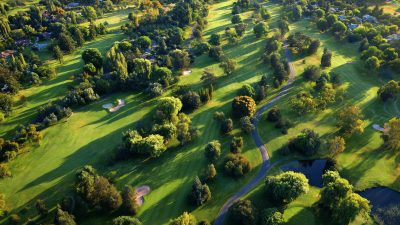
Unlocking Career Paths: The Ultimate Guide to Golf Course Jobs and Opportunities
-

Exploring the Hidden Benefits of Joining a Country Club for Your Lifestyle
-

Unlock Your Leadership Potential with Executive Courses A Statistical Approach to Career Advancement
-
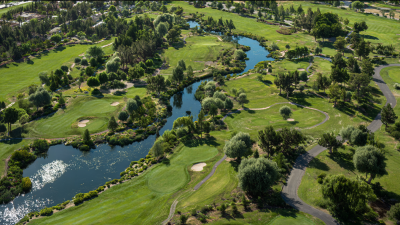
Explore the Ultimate Guide to Navigating Your Local Golf Course Map

Contact Us
Phone: (650) - 522-4653 (GOLF)
Fax: (650) 522-7511
Tee Time Reservations: (650) 522-4653 (GOLF)
Location
1700 Coyote Point Drive
San Mateo, CA 94401